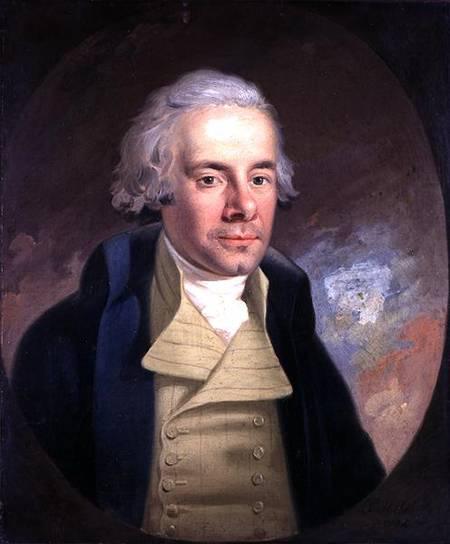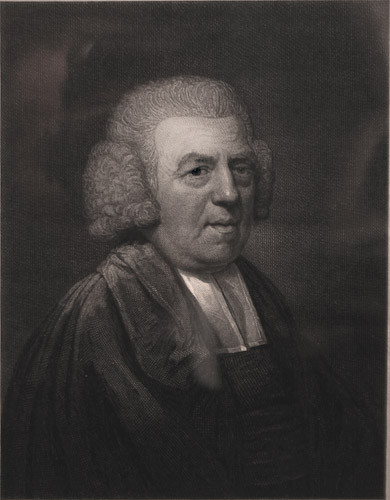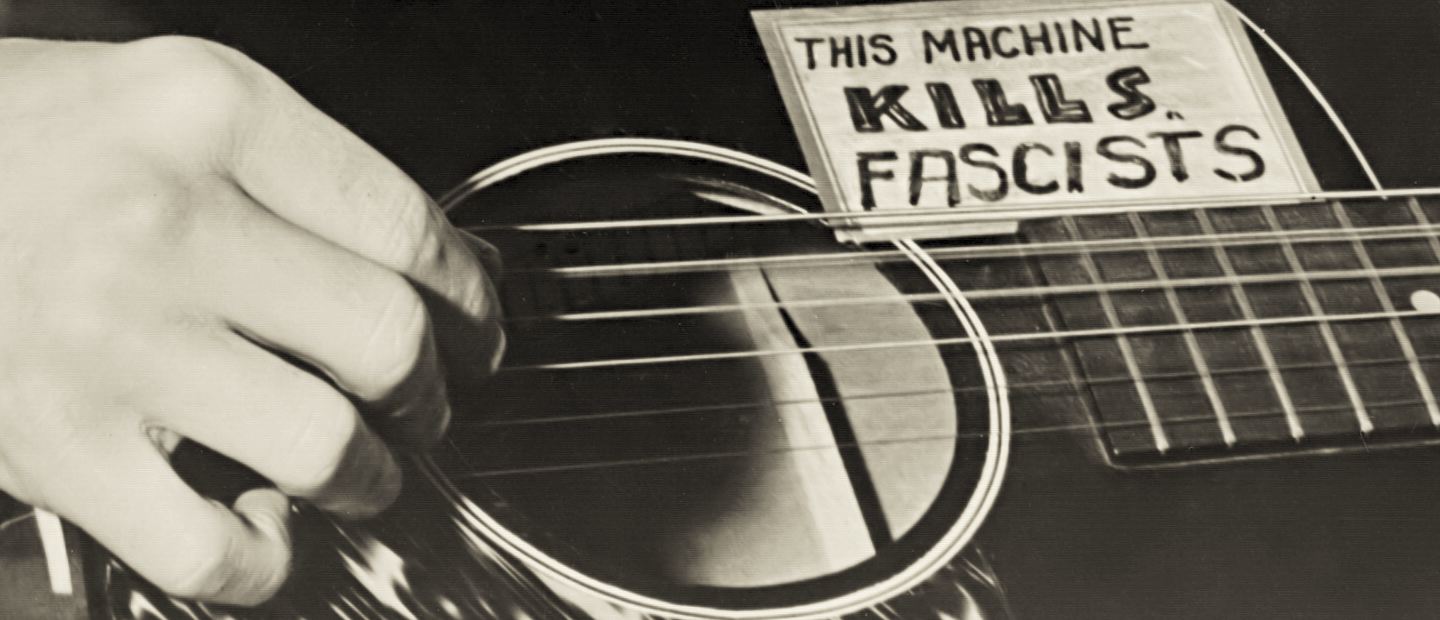Contents
- Introduction
- Preface
- Overview
- Relief Valve
- LECTURE 1: Why We Are In The Dark About Money
- LECTURE 2: The Con
- LECTURE 3: The Vatican-Central to the Origins of Money & Power
- LECTURE 4: London The Corporation Origins of Opium Drug Smuggling
-
LECTURE 5: U.S. Pirates, Boston Brahmins Opium Drug Smugglers
- THE BOSTON BRAHMINS
- Pirates Profiteers Banksters Traders Transfers
- Pirates
- White Slavers, Cargo, Property, Auctions, Amazing Grace
- $ Colonial Labor: Indentured Servants
- England to Philadelphia Slave Trade and Opium
- Extract from Charter of Freedoms and Exemptions to Patroons 1629
- The Definitive Treaty of Peace
- Pennsylvania Charter of Privileges 28 October 1701
- Opium Trade -- American Drug Smuggling Pirates
- Opium In America
- 1% Power Elite Networks
- 1% Elite Networks Bush & The CIA
- BEFORE Skull & Bones
- SKULL AND BONES
- Caribbean Pirates in the American South
- Who Were the Tories
- The Golden Age of Imperialism Opium Act 1908
- Global Dominance Groups
- The New World Order
- Characteristics of Fascism
- War on drugs
- Lecture 5 Objectives and Discussion Questions
- LECTURE 6: The Shady Origins Of The Federal Reserve
- LECTURE 7: How The Rich Protect Their Money
- LECTURE 8: How To Protect Your Money From The 1% Predators
- LECTURE 9: Final Thoughts
Scotland 's darker role in the slave trade is also well known. Scots were influential in founding the Ku Klux Klan, including the traditional Scottish symbol of the burning cross and the KKK's oath ceremony, which originated from a Highland custom. Many of the "crackers" were Scots-Irish Protestants who had left Ireland in the 18th century. The Scots Irish Protestents were also the Pirates of England and Boston Mass. who were the Slavers and Opium smugglers like the ancestors of Presidents Roosevelts, Tate.
SLAVE CARGO
Writing home, Delano said he could not pretend to justify the opium trade on moral grounds, "but as a merchant I insist it has been . . . fair, honorable and legitimate," and no more objectionable than the importation of wines and spirits to the U.S.
It is the greatest irony and tragedy that when millions in profit are at stake, a pirate's true nature comes out. Despite the cruelty and exploitation Delano was directly participating in, one he admitted he could not "justify on moral grounds"; he still decided to look the other way because he was making money. This is the mindset of a true pirate. Delano was one of America's original 1%.
First-hand accounts of slave-trading horrors reached people in Britain. Even hardened hearts were touched by the story of the Zong captives: 133 Africans who were deliberately thrown overboard, and left to drown, by slavers hoping to increase the size of an insurance settlement. (If the "cargo" - i....
Read the Chapter >> Read the Whole Story >>
African resistance forced them to to go to the Caribbean which then in turn built the US.
HOW WOULD AFRICANS KNOW IRISH WORDS? FROM CAPTURED IRISH SLAVES [PDF]
Carried off as captives by the Barbary Corsairs in the middles ages to Africa, maybe as early as the third century. Until the United States won its independence from Britain, the country was covered under the British treaties with the Barbary rulers. After 1783, however, America no longer had that safety net. They either had to pay like everyone else, cease trading in the Mediterranean, or run the risk of falling prey to corsairs. Americans, particularly Thomas Jefferson, came up with an alternative--build a navy and fight.
HUMANS: PROPERTY and AUCTIONS
Arriving in an unfamiliar country, where people did not speak their language, captured Africans were bought and sold at auction as though they were farm horses or cattle. Such was expected in the world of chattel slavery which had developed on "New World" plantations. The U.S. Library of Congress ...
Read the Chapter >> Read the Whole Story >>
Amazing Grace Song
THE AMAZING GRACE OF WILLIAM WILBERFORCE
The song, Amazing Grace, is an account of the MASSIVE EXPLOITATION of the weak and the helpless by these American slavers and pirates. It captures the spirit of the sorry that the captives had to suffer through.

O be not weary of well doing! Go on... till even American slavery (the vilest that ever saw the sun) shall vanish away before it.
John Wesley Letter to William Wilberforce February 24, 1791
William Wilberforce was a man on an impossible mission. Utterly devoted to his cause, he wanted Britain to en...
Read the Chapter >> Read the Whole Story >>
Amazing Grace - SLAVE-TRADE BEGINNINGS
Thomas Clarkson - who first thought about the evils of slave-trading when he was a student at Cambridge University's St. John's College - wrote an award-winning essay about the topic in 1785.
To better understand his subject, he conducted fact-finding trips. Traveling throughout Britain, on horseback...
Read the Chapter >> Read the Whole Story >>
First-hand accounts of slave-trading horrors reached people in Britain.
Even hardened hearts were touched by the story of the Zong captives: 133 Africans who were deliberately thrown overboard, and left to drown, by slavers hoping to increase the size of an insurance settlement. (If the "cargo" - i.e., the slaves - went overboard alive, owners of the "cargo" were entitled to compensation under their insurance policy.)
Only one African survived. No one involved with the crime, which took place in 1781, was ever prosecuted for murder.
How could such treatment of human beings ever be justified? As John Wesley notes, in his analysis of the British slave-trading industry:
The grand plea is, " They are authorized by law." But can law, human law, change the nature of things? Can it turn darkness into light, or evil into good? By no means. Notwithstanding ten thousand laws, right is right, and wrong is wrong still. . .Who can reconcile this treatment of the Negroes, first and last, with either mercy or justice?
"This treatment" could not be reconciled. The law had to change.
THE SLAVE SCALE
JUST THE
5 BLACK NOTES

SLAVE SHIP CAPTAIN JOHN NEWTON WROTE AMAZING GRACE WORDS TO A WEST AFRICAN SORROW CHANT
JOHN NEWTON, SLAVE TRADER DOCUMENTING THE SORROW
How did slave-trading captains - and their crews - deal with the reality of life as they transported human cargo to distant shores? John Newton - a slave trader turned abolitionist - kept a journal of his activities between 1750-1754. Let's look at life onboard ship as he sailed toward the new world.
Read the Chapter >> Read the Whole Story >>
Amazing grace! (how sweet the sound)
Amazing grace! (how sweet the sound)
That sav'd a wretch like me!
I once was lost, but now am found,
Was blind, but now I see.
'Twas grace that taught my heart to fear,
And grace my fears reliev'd;
How precious did that grace appear
The hour I first believ'd!
Thro' many dangers, toils, and snares,
I have already come;
'Tis grace hath brought me safe thus far,
And grace will lead me home.
The Lord has promis'd good to me,
His word my hope secures;
He will my shield and portion be
As long as life endures.
Yes, when this flesh and heart shall fail,
And mortal life shall cease;
I shall possess, within the veil,
A life of joy and peace.
The earth shall soon dissolve like snow,
The sun forbear to shine;
But God, who call'd me here below,
Will be forever mine.
